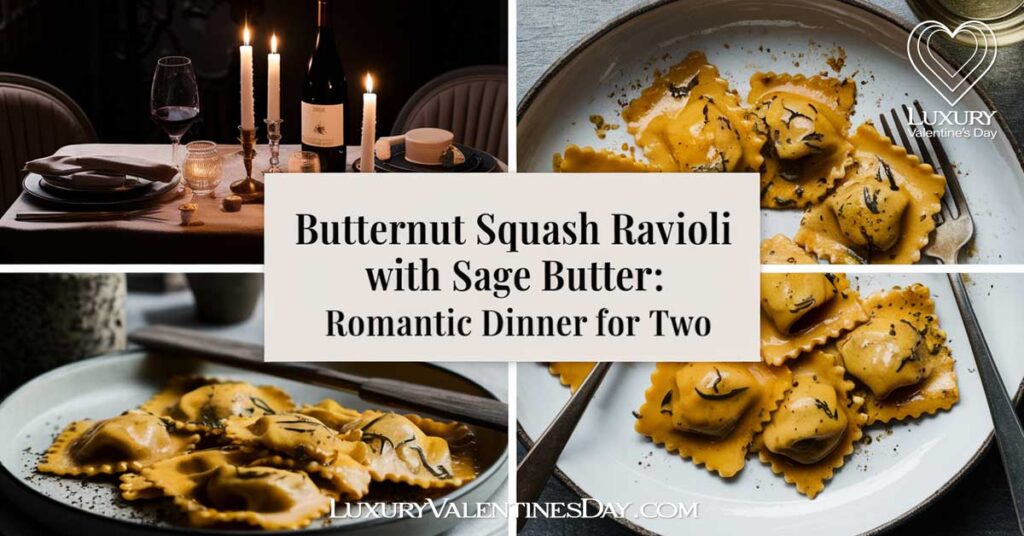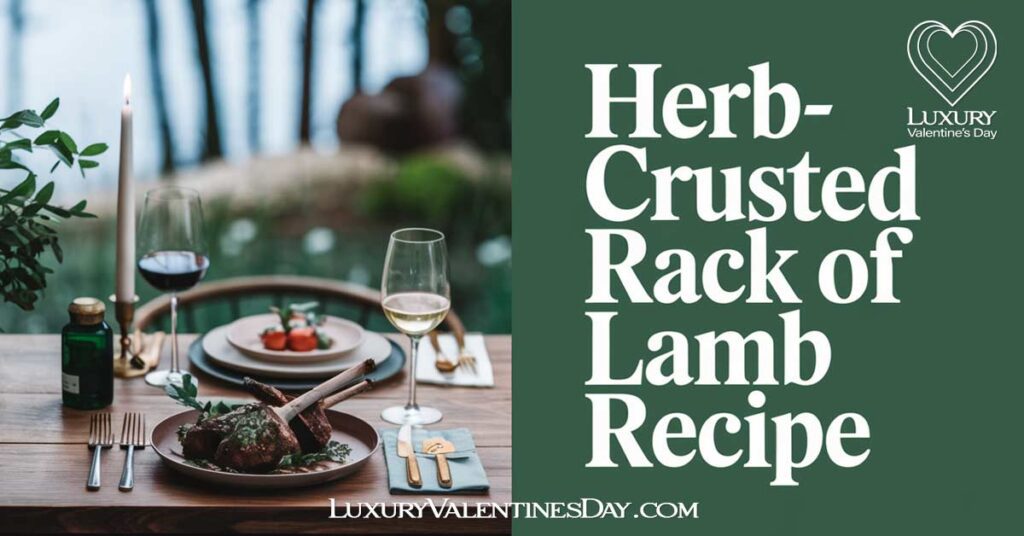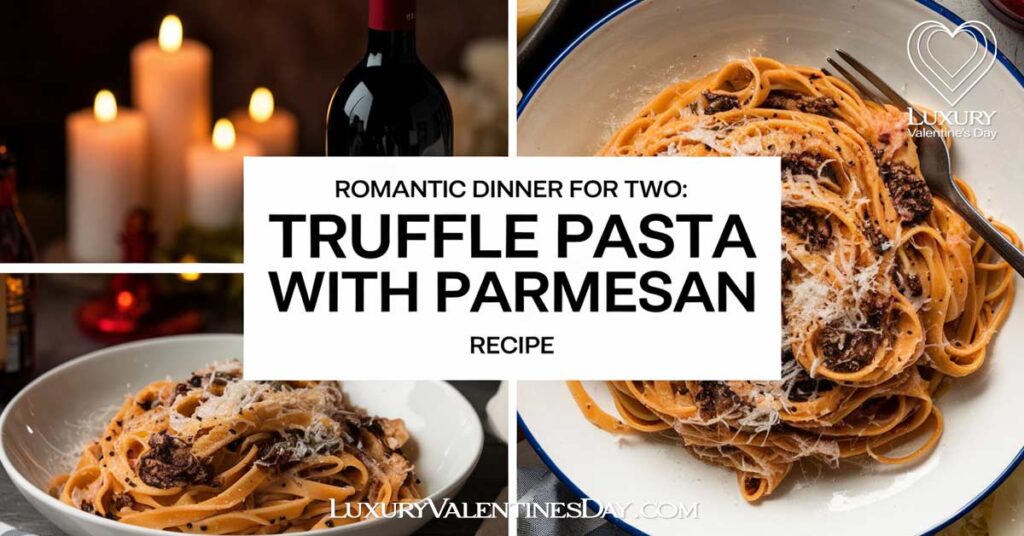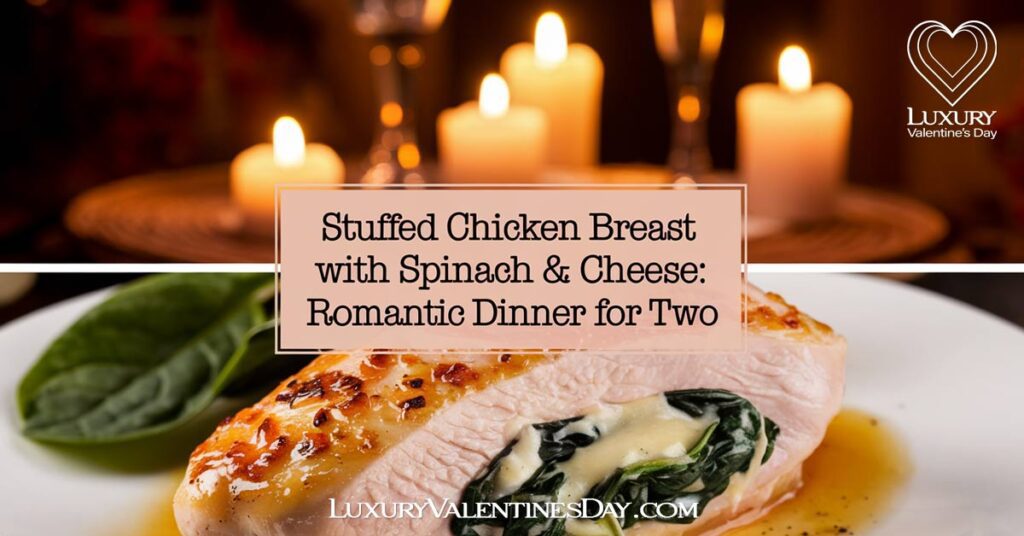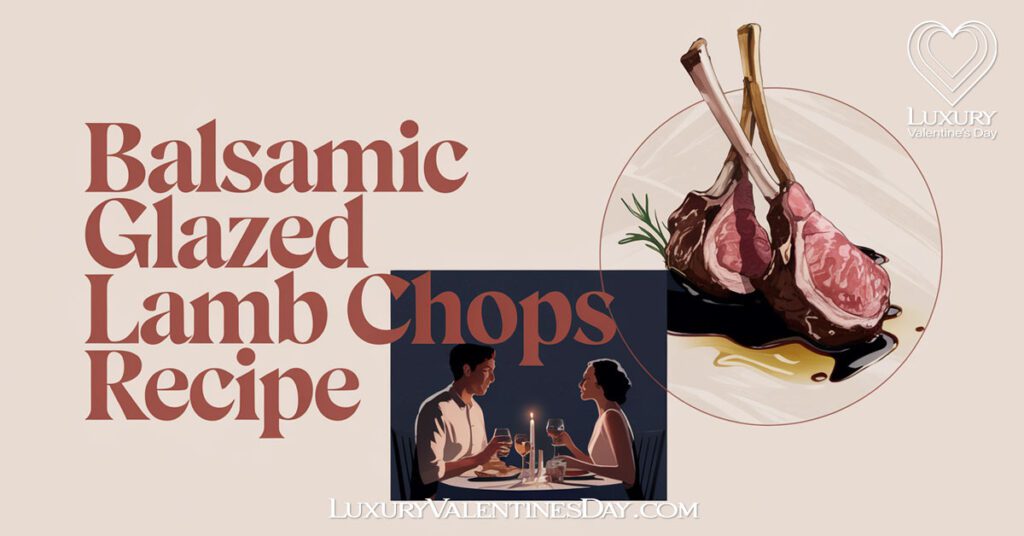
Table of Contents
ToggleHow to Create Marbled Icing Effects for Beautifully Decorated Cookies
If you’re looking to add a touch of elegance to your treats, marble icing for cookies is a simple yet stunning technique that transforms each cookie into an artistic creation.
The beauty of marble icing lies in its unique, one-of-a-kind patterns that make every cookie feel special. From subtle pastels to bold color combinations, marble icing is a versatile way to achieve a professional look with ease. Best of all, each cookie has its own distinctive swirl, making this technique perfect for impressing guests.
Imagine serving cookies with glossy, marbled icing in sophisticated shades or bright colors, each one a mini masterpiece. With marble icing for cookies, you can achieve this eye-catching effect without complicated tools or skills.
Creating marble icing is as fun as it is beautiful, and it’s surprisingly easy for bakers of all levels. By dipping each cookie into a mixture of colors, you can create designs that range from soft, watercolor-like effects to vibrant, swirling patterns. This guide will show you the best techniques, color pairings, and tips to achieve flawless marble icing for cookies, making them the perfect centerpiece for any occasion.
For a guide on creating stunning Valentine’s Day cookies decorating ideas, explore our Valentine’s Day cookie decorating ideas for inspiration.
How To Create a Marbled Pattern with Royal Icing
Royal icing is the ideal medium for creating a marbled effect because it dries to a smooth, glossy finish that holds the pattern beautifully. The trick is to start with a base icing and then add small amounts of coloured icing to achieve the desired swirl. Here’s how to get that stunning marbled look:
Step-by-Step Technique for Swirling Colours Together
1. Prepare the Icing:
- Base Icing: Start by preparing a batch of royal icing with a consistency suitable for flooding. It should be slightly thinner than the consistency used for outlining—think of it as a syrupy texture that flows easily but isn’t too runny. Divide the icing into bowls if you plan to use different base colours.
- Coloured Icing: Separate small amounts of the icing into additional bowls, and tint each with gel food colouring. Choose two or three complementary colours that work well together. Use a toothpick to add the food colouring a little at a time until you reach the desired shades.
- Colour Combinations: Classic options include white with shades of blue and silver for a winter look, or pink, red, and white for Valentine’s Day. You can also go bold with black, gold, and white for a glamorous touch.
2. Flood the Base Layer:
- Use the base colour to flood the cookie. Pipe or spoon the base icing over the surface, using a toothpick or small offset spatula to spread it evenly. You want the base layer to be completely smooth and fully cover the top of the cookie.
- Tip: Work one cookie at a time to ensure the icing stays wet for the marbling process.
3. Add the Swirl Colours:
- While the base icing is still wet, add dots or lines of the coloured icings you prepared earlier. Use a toothpick or squeeze bottle to place the colours where you want them—think about where the colours will look best swirled together.
- Tip: Start with small amounts of each colour, as it’s easy to add more if needed. Avoid using too many colours, as the pattern can become muddy and lose its elegant effect.
4. Swirl the Colours:
- Use a toothpick or a fine skewer to gently drag through the icing to create a swirling pattern. You can make figure-eight shapes, spirals, or gentle waves, depending on the look you’re aiming for.
- Technique Ideas:
- Figure Eights: Drag the toothpick in small figure-eight motions to blend the colours smoothly together.
- Waves: Create flowing waves by dragging the toothpick horizontally across the cookie.
- Radial Swirls: Start from the centre of the cookie and drag the toothpick outwards in a spiral pattern for a starburst effect.
5. Finish and Let Set:
- Once you’re happy with the marble pattern, tap the cookie gently on the work surface to help the icing settle smoothly. This will remove any air bubbles and even out the icing. Let the marbled icing dry completely before handling or adding additional decorations.
- Drying Tip: Allow the marbled cookies to dry at room temperature for several hours or overnight, depending on the thickness of the icing.
Additional Tips for Perfect Marbled Icing
- Use a Shallow Dish for Dipping: For a different marbling technique, you can dip the top of the cookie directly into the icing instead of spooning it on. Fill a shallow dish with the base icing, add the swirl colours on top, and then dip the cookie face-down. Twist gently as you lift the cookie out of the icing for a more fluid marbled effect.
- Control the Swirl: Less is often more when it comes to swirling. Over-mixing the colours can create a muddy appearance, so stop swirling once you see a pattern you like. The goal is to keep the colours distinct yet gently blended.
- Consider a Monochromatic Look: For a more subtle and sophisticated effect, use shades of the same colour family, such as different tones of blue or pink. This creates a chic, understated marble pattern that looks refined and elegant.
- Add Edible Accents: If you want to take the marbled effect up a notch, consider adding edible accents once the icing has dried. A light dusting of edible glitter, a few gold or silver leaf flakes, or a fine sprinkle of sugar pearls can add a luxurious touch without overwhelming the design.
- Use Metallic Edible Paint for Highlights: For an even more eye-catching result, use edible metallic paint to add fine lines or highlights to the marbled pattern once the icing has set. Gold or silver highlights can create a stunning contrast and give the cookies a high-end look.
Colour Inspiration for Marbled Icing
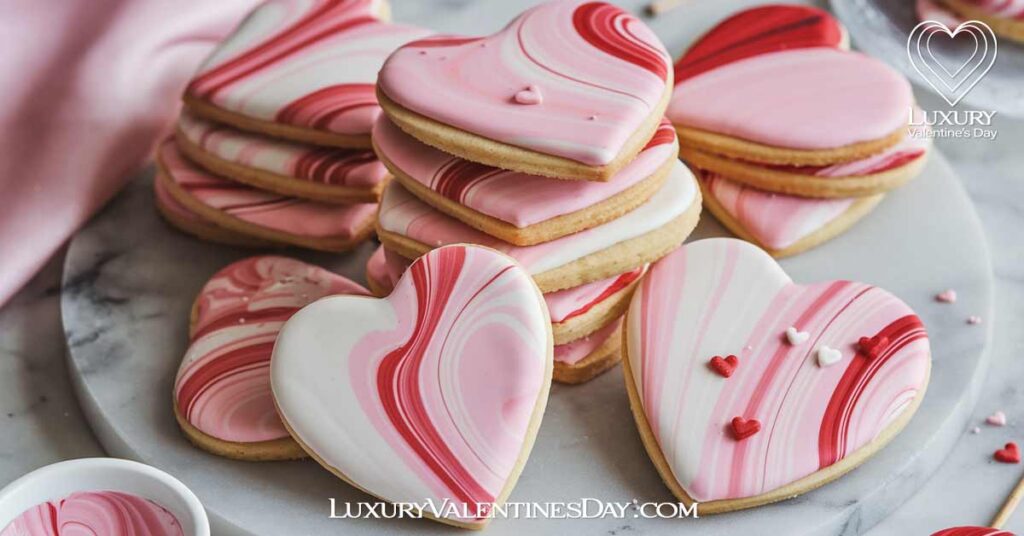
1. Valentine’s Day Romance:
Use shades of red, pink, and white for a romantic effect. Add small dots of red food colouring to a pink base and swirl gently. Finish with a sprinkle of edible glitter or a tiny heart-shaped sprinkle for a romantic touch.
2. Winter Wonderland:
Combine icy blues, whites, and a hint of silver. Create a swirling, frosty look by adding dots of blue and silver to a white base. Edible silver leaf or a dusting of iridescent shimmer can complete the look.
3. Spring Pastels:
Choose soft pastels like lavender, mint green, and baby pink. These colours create a fresh and light pattern that’s perfect for spring celebrations or Easter. Finish with a light dusting of edible pearls for added elegance.
4. Autumn Warmth:
Mix warm shades of gold, caramel, and cream for a cosy autumn look. Add a touch of brown for depth, and swirl together for a rich marbled effect. Finish with a sprinkle of cinnamon or nutmeg for a spiced look.
5. Glamorous Gold and Black:
For a luxurious effect, use black icing with gold or white accents. The contrast between dark and light creates a dramatic marble pattern that’s perfect for high-end events or New Year’s Eve celebrations. Edible gold leaf or metallic accents can take this look to the next level.
6. Summer Tropics:
Use bold and bright colours like turquoise, coral, and yellow for a tropical vibe. Swirl these vibrant colours together for a fun and lively pattern that’s perfect for summer parties or beach-themed events.
By mastering the marbled icing technique, you can create stunning cookies that look almost too beautiful to eat. It’s a simple yet visually impressive method that allows you to experiment with colours and patterns, making each biscuit a unique and personal piece of art.
Colour Combinations and Techniques for Marble Icing on Cookies
Mastering marble icing for cookies allows you to create mesmerizing designs that elevate your cookie decorating game. This table provides popular color combinations, suggested themes, and tips for achieving different marble effects. With these ideas, you’ll have a quick reference for choosing colors that complement each other, perfect for any occasion. From soft pastels to bold contrasts, these combinations will help you create cookies that look beautiful and professional.
| Colour Combination | Best For | Effect Technique | Application Tips |
|---|---|---|---|
| Soft Pink & White | Valentine’s Day, weddings | Use a toothpick to gently swirl the pink into the white for subtle effects | Dip cookies in white base and add small drops of pink, swirl lightly |
| Navy & Gold | Elegant events, winter holidays | Add gold gel in light strokes after swirling navy | Start with a navy base, lightly brush or drop in edible gold for shine |
| Lavender & Silver | Spring themes, baby showers | Drag a toothpick through lavender and silver for a delicate look | Dip in lavender base, add tiny dots of silver, and swirl sparingly |
| Pastel Blue & Green | Easter, spring celebrations | Swirl in light strokes for a watercolor effect | Blend soft pastel drops over a white or light blue base |
| Red & White | Christmas, Valentine’s Day | Create dramatic swirls by mixing red and white sparingly | Use a red base or white base and dip lightly with alternate color |
| Orange & Yellow | Fall events, Halloween | Use more pronounced swirls to mimic a fiery look | Start with yellow, add orange, and use circular swirling motions |
This table provides color pairing inspiration and techniques to help readers master marble icing for cookies, giving each treat a unique and beautiful finish. Perfect for any theme or event, these ideas make it easy to create stunning marble effects.
Frequently Asked Questions About Marble Icing for Cookies
What is the best way to achieve a marble effect with icing?
To create a marble effect, start by placing dots or drops of different colors on a base layer of icing. Then, use a toothpick or skewer to swirl the colors gently, creating unique patterns before the icing sets.
Do I need a specific type of icing for marble effects?
Royal icing works best for marble effects as it sets with a smooth finish, making the patterns more pronounced. Glaze icing can also work but tends to be thinner, requiring careful application to avoid colors blending too much.
Can I use multiple colors in one marble icing design?
Yes, you can use two or more colors in your marble design. For a balanced look, stick to two main colors with a neutral base or accent color, which helps create a cohesive pattern without becoming muddy.
How do I prevent colors from mixing too much?
To avoid over-mixing, keep swirling to a minimum. Gently drag a toothpick or skewer through the colors without stirring too much; this will preserve the distinct colors while achieving a marbled effect.
How long does it take for marble icing to set on cookies?
Marble icing usually takes 1-2 hours to dry to the touch, depending on the thickness of the icing and the environment. Allow cookies to set for 8-12 hours in a cool, dry place for the best results, especially if adding layers or packaging.
Previous Article
Decorating Cookies with Nuts, Fruits, or Spices for Texture and Flavour
Next Article
Hand-Painted Decoration Ideas for Cookies: Artistic Tips and Techniques
Related Posts
- 10 Romantic Date Night Restaurants in Greensboro, NC: Culinary Love Affairs
- 10 Romantic Date Night Restaurants in Wilmington, NC: Your Guide to Unforgettable Evenings
- Classic Butter Cookies Recipe for Valentine’s Day: A Timeless, Buttery Delight
- Edible Glitter Decorated Cookies: Tips for Sparkling Designs
- The Dark Truth About Valentine’s Day
- Date Ideas That Start with V: Vibrant and Versatile Dates









